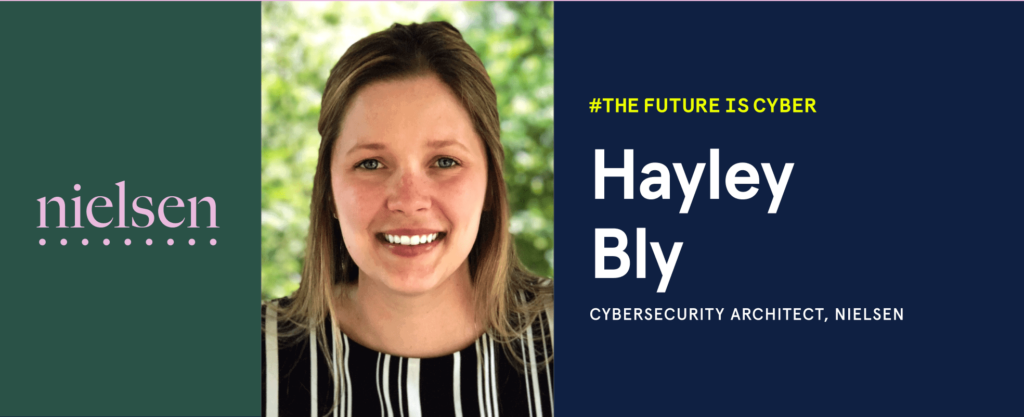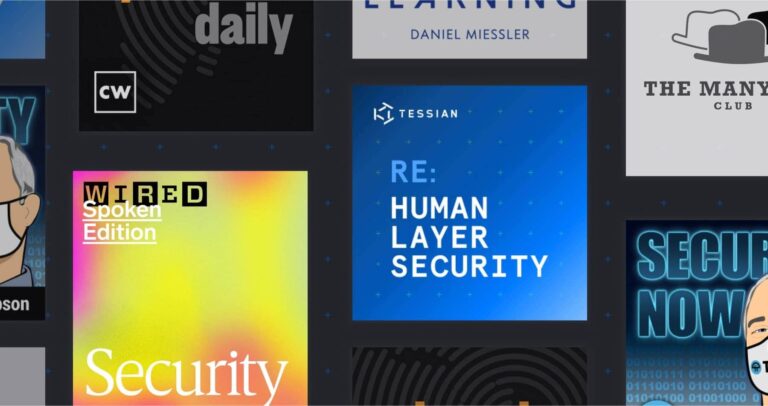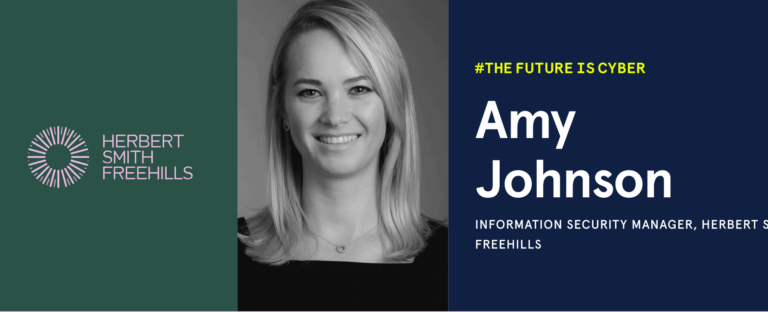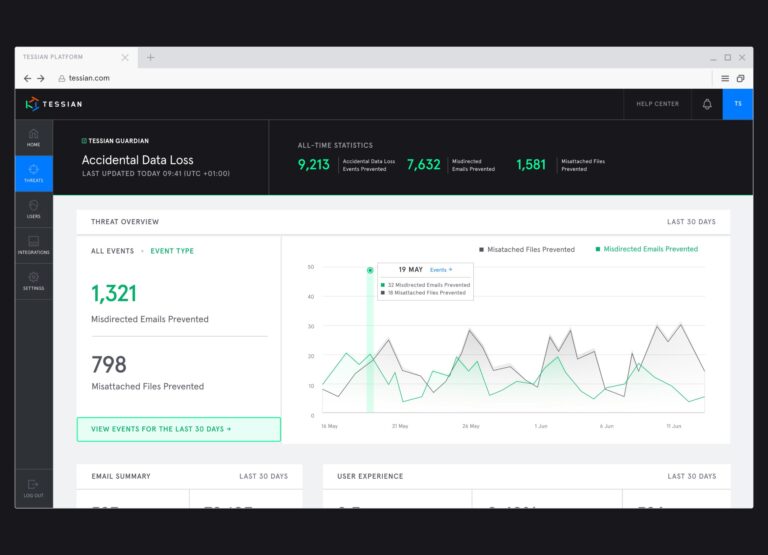Hayley Bly is a Cybersecurity Architect at Nielsen, where she’s worked since graduating from the University of Miami with a Bachelor’s Degree in Computer Science almost four years ago. Since starting her career, she’s championed the industry by going back to her alma mater for recruiting events to raise awareness about cybersecurity and has participated in events in collaboration with Women in Technology International (WITI).
She’s also found time to further her education and is currently working towards her Master’s of Science in Cybersecurity.
“Cybersecurity isn’t about who you are or what degree you have. It’s about what you can do, what problems you can solve, and how well you can work with other people to get the job done. You don’t have to play politics because your work speaks for itself. ”
Hayley Bly
Cybersecurity Architect, Nielsen
Q. Describe your role as a Cybersecurity Architect in 300 characters or less
I build tools that our incident response team uses. This could be implementing a vendor tool or building something from scratch. We do both, and this includes designing how the tools are made, implemented and deployed throughout the larger company.
Q. Since your educational background seems so focused, have you always been motivated to pursue a career in cybersecurity?
My parents both worked in banking software so I’ve always been around it. They both really pushed me to explore a career in the field but – you know how it is – I fought it. I never wanted to pursue it just because they told me to do so; I wanted to decide my own path. That’s why I actually applied to college as Pre-med. But, my senior year of high school, there were no other electives to pick so I chose the computer programming class and, of course, fell in love with it.
Once I was accepted into the Pre-med program at the University of Miami, I threw them for a loop and asked if I could change my focus to Computer Science and never looked back.
Q. How did you transition from more general Computer Science to cybersecurity specifically?
I thought I was going to be a software developer up until I started at Nielsen straight out of college. Since then, I’ve really found my home in cybersecurity.
The team I work with and my managers are absolutely incredible. They have had something to do with every single career decision I’ve made thus far, because the work others do really inspires me. Especially when I first started, their work opened my eyes to how much I didn’t know and what really goes on behind the scenes in a company.
When you’re working in cybersecurity, you’re not just writing code all day. You’re actually dealing with real-world problems and it’s up to you to prevent, detect, and respond to incidents by finding or creating solutions.
Q. What do you think would inspire more young women to enter into the field?
I think just bringing more awareness to the fact that you can really create your own success. I was let in the door without any real cybersecurity skills or experience and was given the opportunity to prove myself, and I have.
It’s a jump-in-and-figure-it-out-as-you-go type of field and people shouldn’t be afraid to do that.
Cybersecurity isn’t about who you are or what degree you have. It’s about what you can do, what problems you can solve, and how well you can work with other people to get the job done. You don’t have to play politics because your work speaks for itself. I love that.
Q. Do you have any recommendations for resources or groups that might be a good first-step for anyone interested?
Meetup.com is a great way to connect with local people who are interested in the same things you are and, speaking specifically about cybersecurity events, people can pique their interest and learn, but in no-pressure situations. And that’s really important.
I think sometimes when you’re first starting out at something it’s easy to feel self-conscious or nervous about really getting involved, and these events can give newcomers a chance to try something they haven’t before without any fear of being wrong or feeling out of place.
This profile is a part of the larger Opportunity in Cybersecurity Report 2020. Click here to download the report and click here to read more profiles of women in cybersecurity, including professionals from IBM, Funding Circle, KPMG and more.
#TheFutureIsCyber












